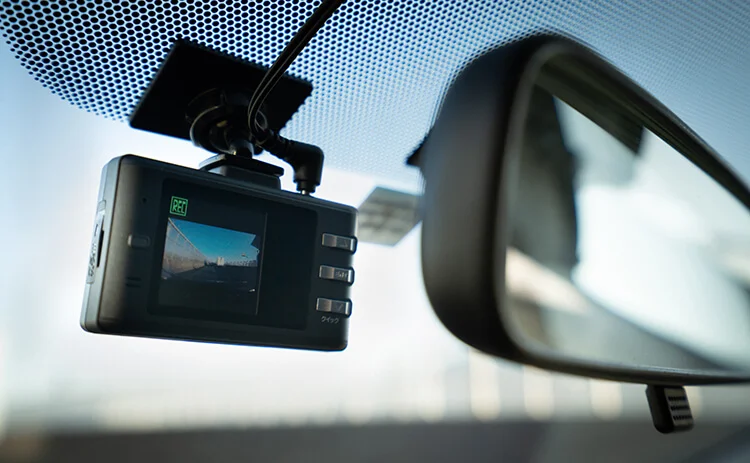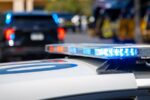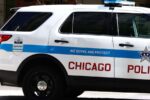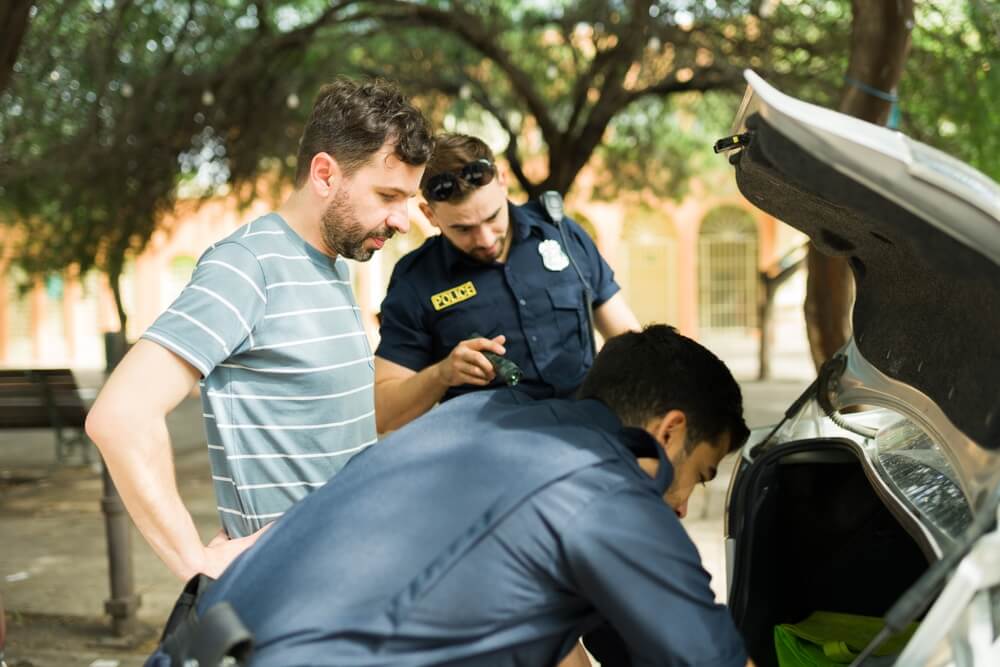North Carolina Dash Cam Regulations: Key Facts for Drivers in 2024. Dash cams, which record video in real time while you drive, are becoming more and more common because they provide protection and proof in case of accidents, theft, or traffic stops.
But, like any other recording device, they can only be used in certain ways that are allowed by law. In North Carolina, rules about dash cams affect privacy, the admissibility of evidence, and driving safety.
It is essential to know the rules about using a dash cam in North Carolina, whether you are a driver who wants to get one or a fleet owner who has cars all over the state.
Is It Legal to Install a Dash Cam in North Carolina?
Yes, you can legally put in and use a dash cam in North Carolina. This goes for both personal and business cars.
Even though the state doesn’t have special rules about dash cams, there are laws that apply which are in relation. Some of the things to think about include obstruction of view, private issues, and how footage is used in court cases.
Obstruction of View
The most popular rule that can affect the installing of dash cams in North Carolina is its windscreen blocking law.
As noted under N.C. G.S. 20-127, “any sign, poster, sticker, or other nontransparent material on the windscreen, side wings, or rear windows of the vehicle blocks their view.”
However, though a dash camera has not been singled out, anything that intrudes a driver’s field of vision may be said to present a windshield blockage.
To follow this rule, dash cams must be placed so that they do not get in the way of the driver’s view.
Most of the time, this means putting the device high on the dashboard or behind the rearview mirror, out of the way of safe driving. If your dash cam is too big or in the middle of your windscreen, you could get a ticket or fine.
Audio Recording and Privacy
Recording sound is another important use of dash cams. Because North Carolina is a one-party consent state, at least one person in a talk must agree to the recording before it can happen.
You don’t need their permission to record your own car while recording talks with other people or conversations going on outside your car if you are a party to the conversation.
But, for audio recordings involving others, like the riders in rideshare vehicles or bystanders outside of the vehicle, such as police officers who may be involved in the traffic stop of your vehicle.
Though these records are legal under state law, they may still pose a problem or cause discomfort, so it is best to be honest and talk to the passengers.
Dash Cam Footage and Legal Proceedings
In a car accident or court case, dash cam video can be very helpful in figuring out who is at fault or making things clearer. Dash cam video can usually be used as proof in court in North Carolina as long as it meets the state’s standards for being reliable and relevant.
It’s often not sufficient on its own to prove a case, although dash cam footage can be more useful when used with other forms of proof, including police reports and witnesses.
Also, keep in mind that dash cam video can be used for or against you. It can help prove that you were not at fault in an accident, but it could also show that you were driving recklessly, too fast, or while distracted.
So, drivers should know that the records from their dash cams could be looked at by the police or their insurance company.
Insurance and Dash Cams
Some people in North Carolina are curious about whether or not adding a dash cam will lower their car insurance costs. At the moment, North Carolina insurance companies do not offer direct discounts for using a dash cam.
However, having video can help you file a claim. Dash cams help settle disagreements faster and give solid proof of what happened during an accident, which can help you if your insurance company is investigating.
Commercial Vehicles and Dash Cams
For businesses that run industrial fleets, dash cams have extra benefits, like keeping an eye on how drivers act and protecting the business in case of accidents or false claims.
Commercial car owners in North Carolina should also ensure that the installation of dash cameras must adhere to all state and federal regulations, especially those about privacy and blocking the windscreen of a car.
Conclusion
Dash cams are legal to be used in North Carolina. These cameras can benefit car owners in so many ways, from keeping the car safe for the driver after an accident, providing valuable evidence in cases involving lawsuits.
However, car owners should know the state regulations regarding blocking of windscreen, and the rule of recording sounds with one-party consent. Although dash cam video might be admissible in court a lot of the time, you should be aware of the fact that it will be used for and against you.
Having an extra pair of eyes on the road is very reassuring, but only if you install your dash cam properly and use it correctly.


 by
by 




